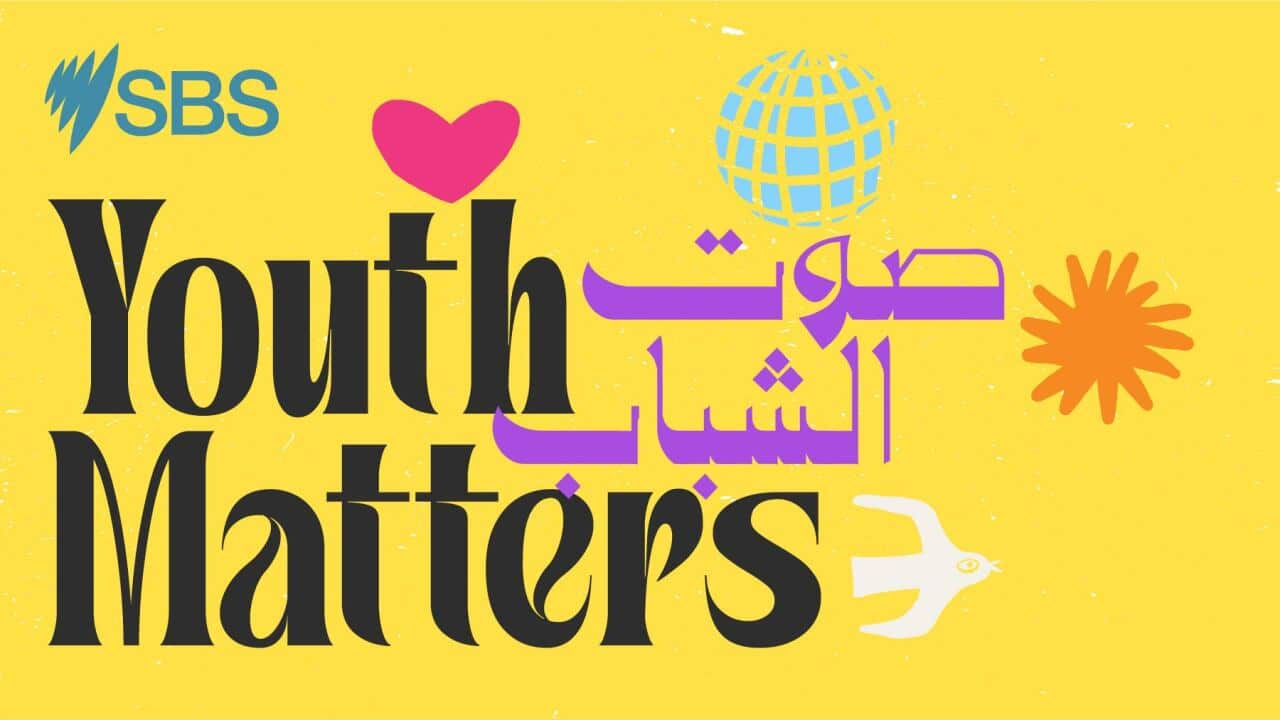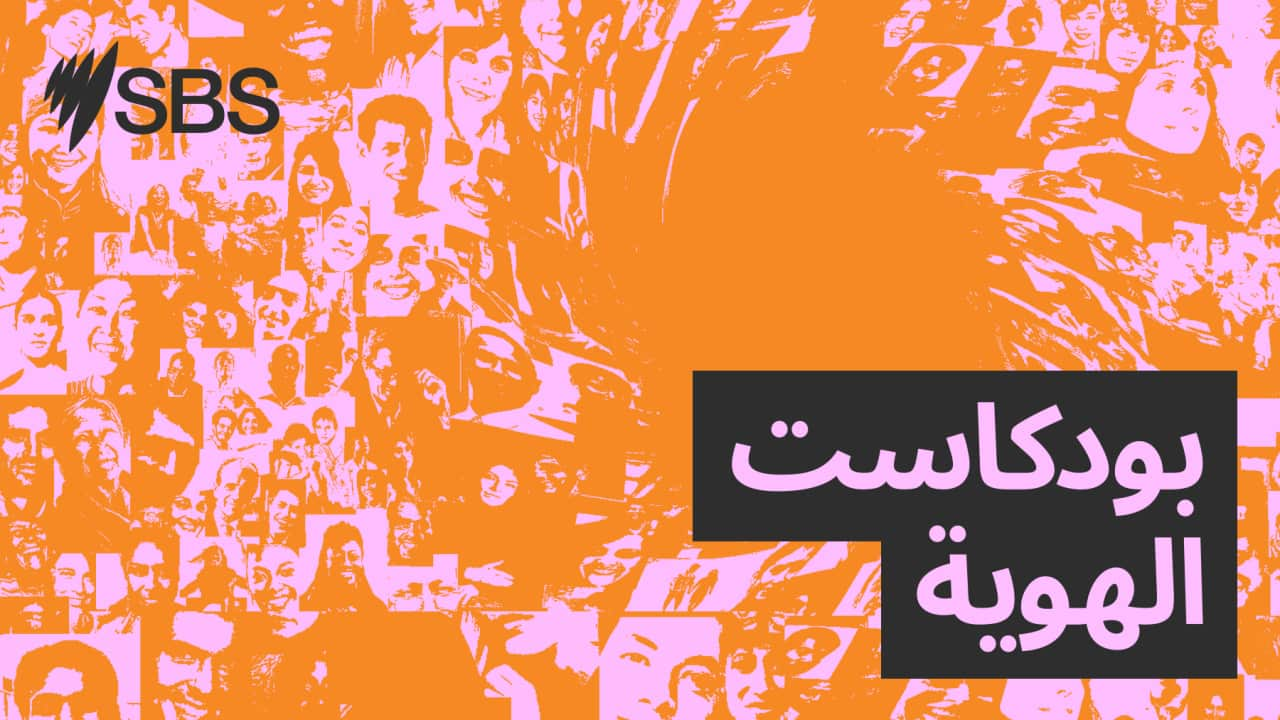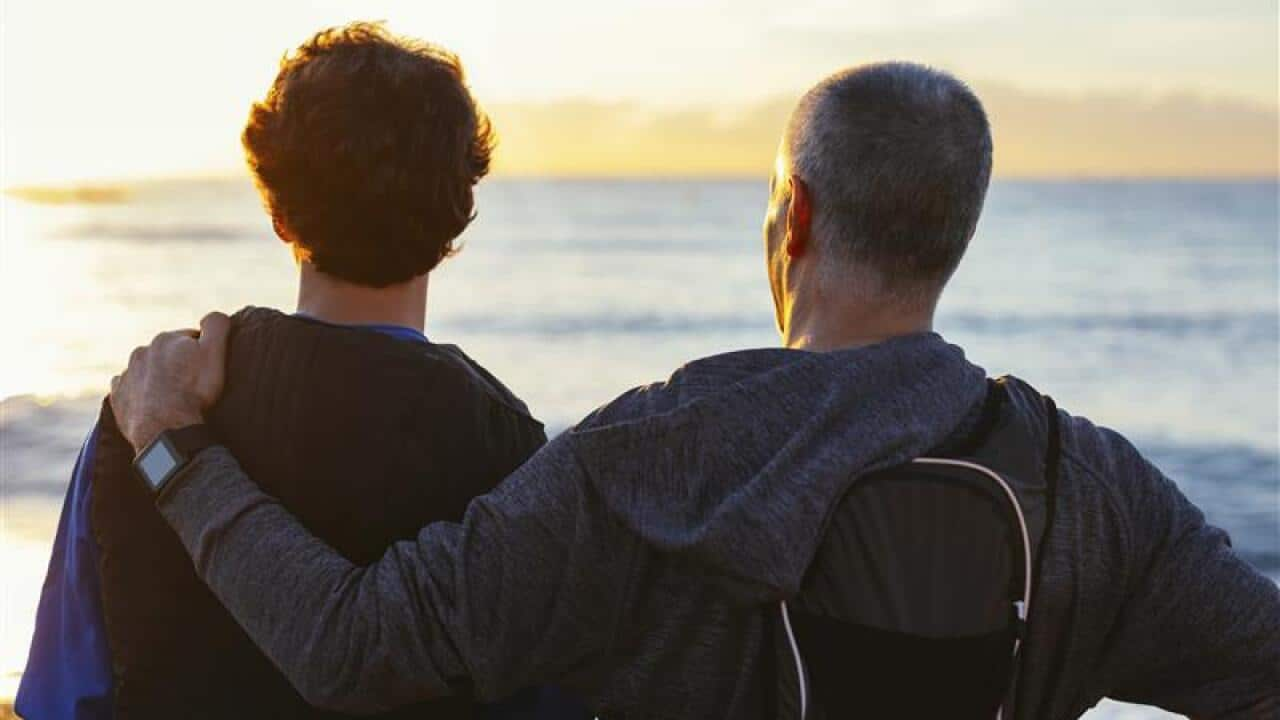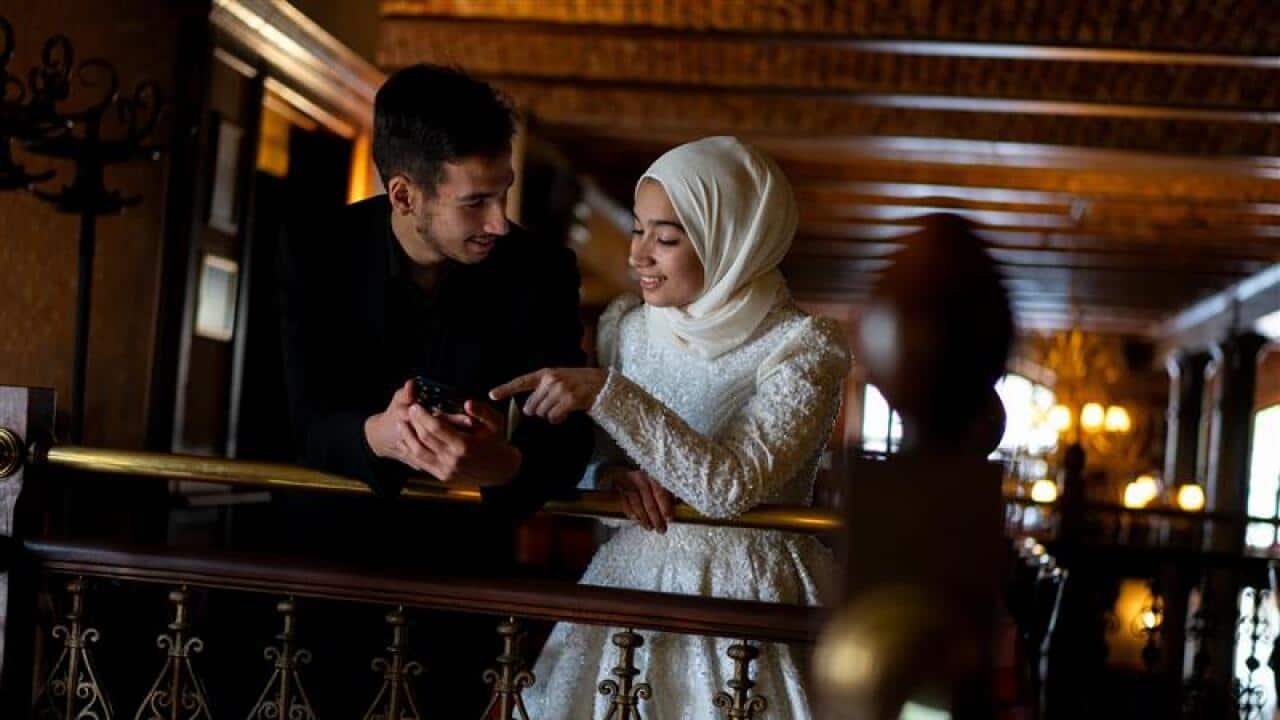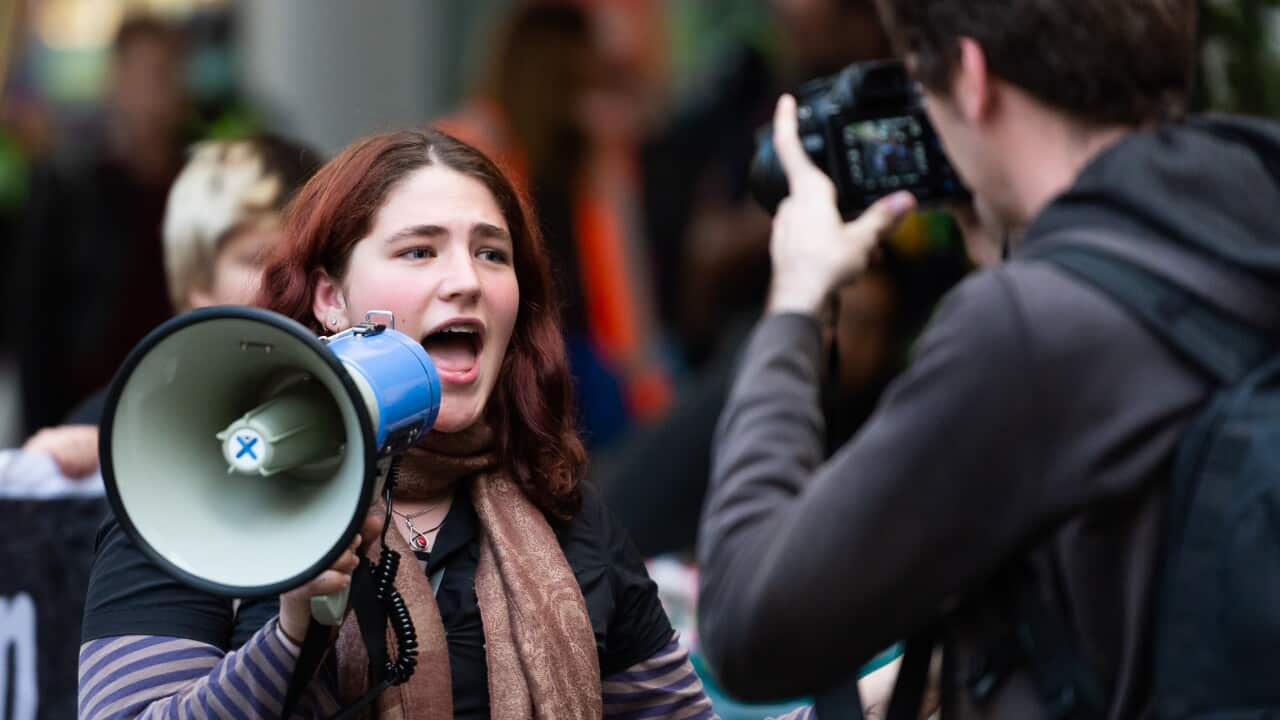High school graduation is a milestone celebrated in many ways around the world, but in Australia, it takes on a unique energy during Schoolies. Recent graduates head to beach destinations to enjoy parties, concerts and other festivities, marking the end of school and the first taste of independence.
For many youth from Arabic backgrounds, this stage of life often looks a little different. Cultural traditions, family expectations, and community values shape how they experience this milestone, even as some join in the excitement of Schoolies.
Some go straight to university or pursue technical and vocational education, while others enter the workforce.
Many parents experience anxiety, and even a sense of exhaustion, as they watch their children navigate newfound independence and the whirlwind of celebrations that accompany it.
In this episode of the Youth Matters we spoke with young men and women of Arab backgrounds who have navigated this transformational period.
Through candid conversations, they share their stories, reflect on their experiences, and reveal what freedom truly means to them. For many, this transition isn’t just about growing up, it is also about defining their identity and shaping the direction of their future.
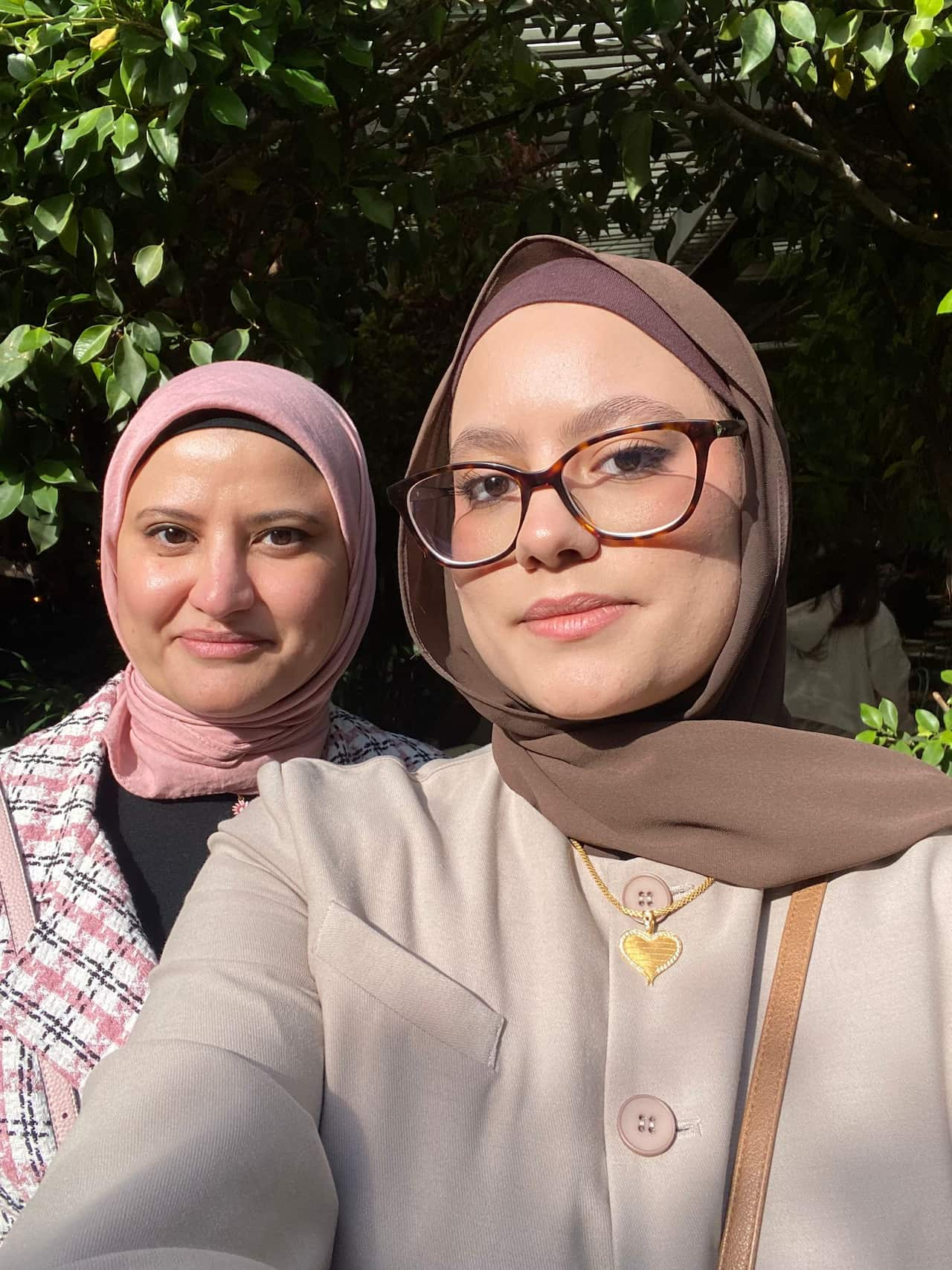
Nesrin Khalifa, 19, studying speech pathology and of Egyptian descent, and Habib Albitar, a university student of Syrian descent studying medical sciences, experienced this stage of life in different ways.
"Of course, I felt freer when I graduated from high school. I was no longer tied to a strict schedule, which gave me more flexibility. I could go out with my friends more often, and as I grew older, I realised my mum and dad could rely on me more," says Nesrin.
In Australia, most students finish high school around the age of 18.
At this age, young people gain a range of legal rights and responsibilities, including the ability to vote in elections, take on full-time employment, and engage in activities previously prohibited due to age restrictions, such as driving a car.
Nesrin says that most Arab girls continue to follow cultural restrictions despite their age.
Nesrin was asked if she had ever had to make up an excuse about her newly acquired freedom.
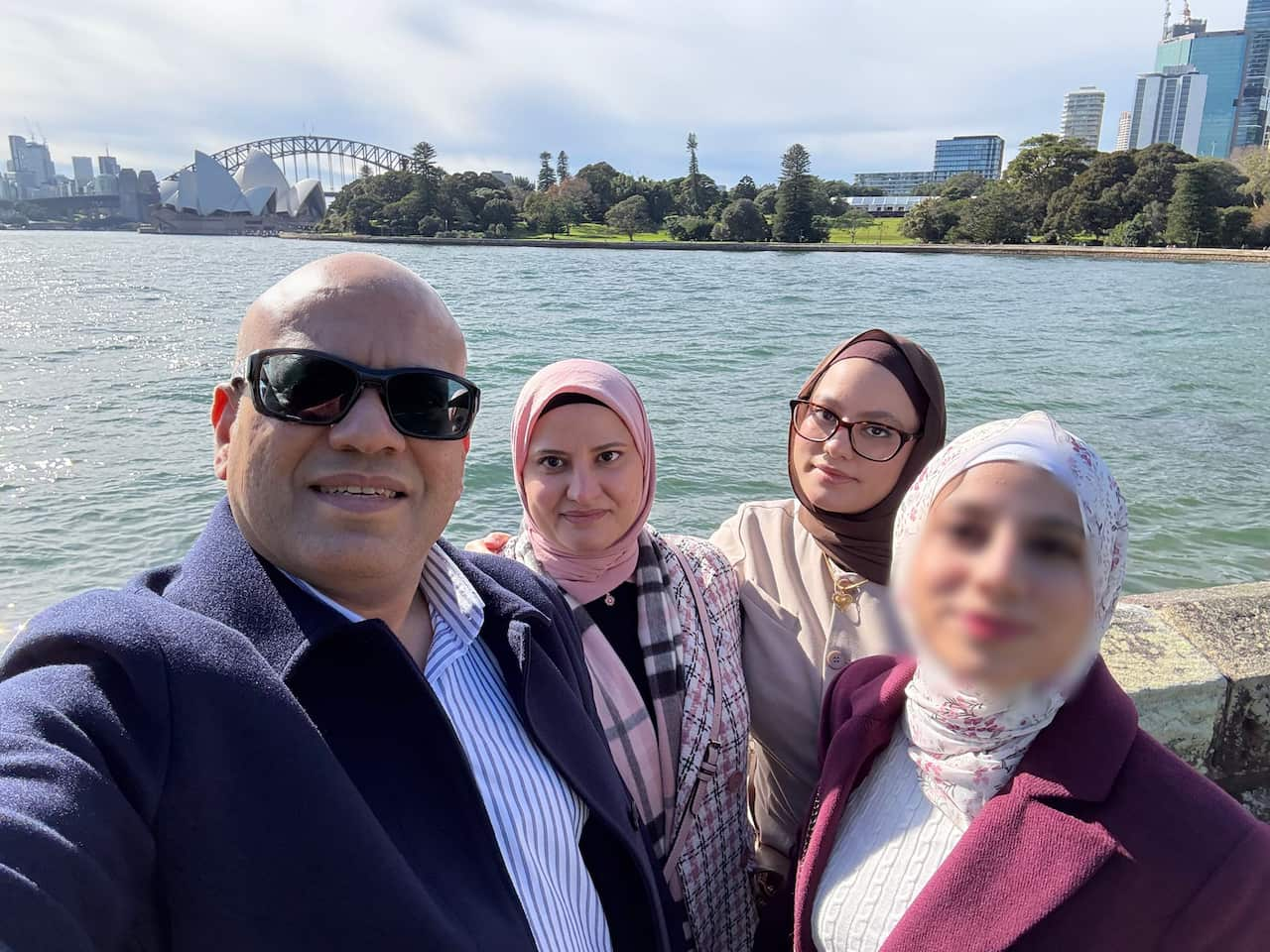
She recalls the time when she had to hide the truth to protect her freedom.
"I went out with one of my friends once. She was driving the car and lost her directions, which delayed us from going home for a couple of hours. I had to twist the truth a little bit so my family wouldn't worry about us next time and restrict our freedom. Instead, I told them that we were having fun and lost track of time, and that is the reason we were late." Nesrin explains.
For Nesrin, freedom means having the ability to make her own decisions.
For us as a new generation, the concept of freedom has changed somewhat. It now means being able to make our own decisions. Parents and elders guide us, but they give us space to experiment a little and then make our own decisions if the matter is not dangerous or too serious.
Nesrin notes that most girls in the community continue to follow cultural practices even after reaching adulthood.
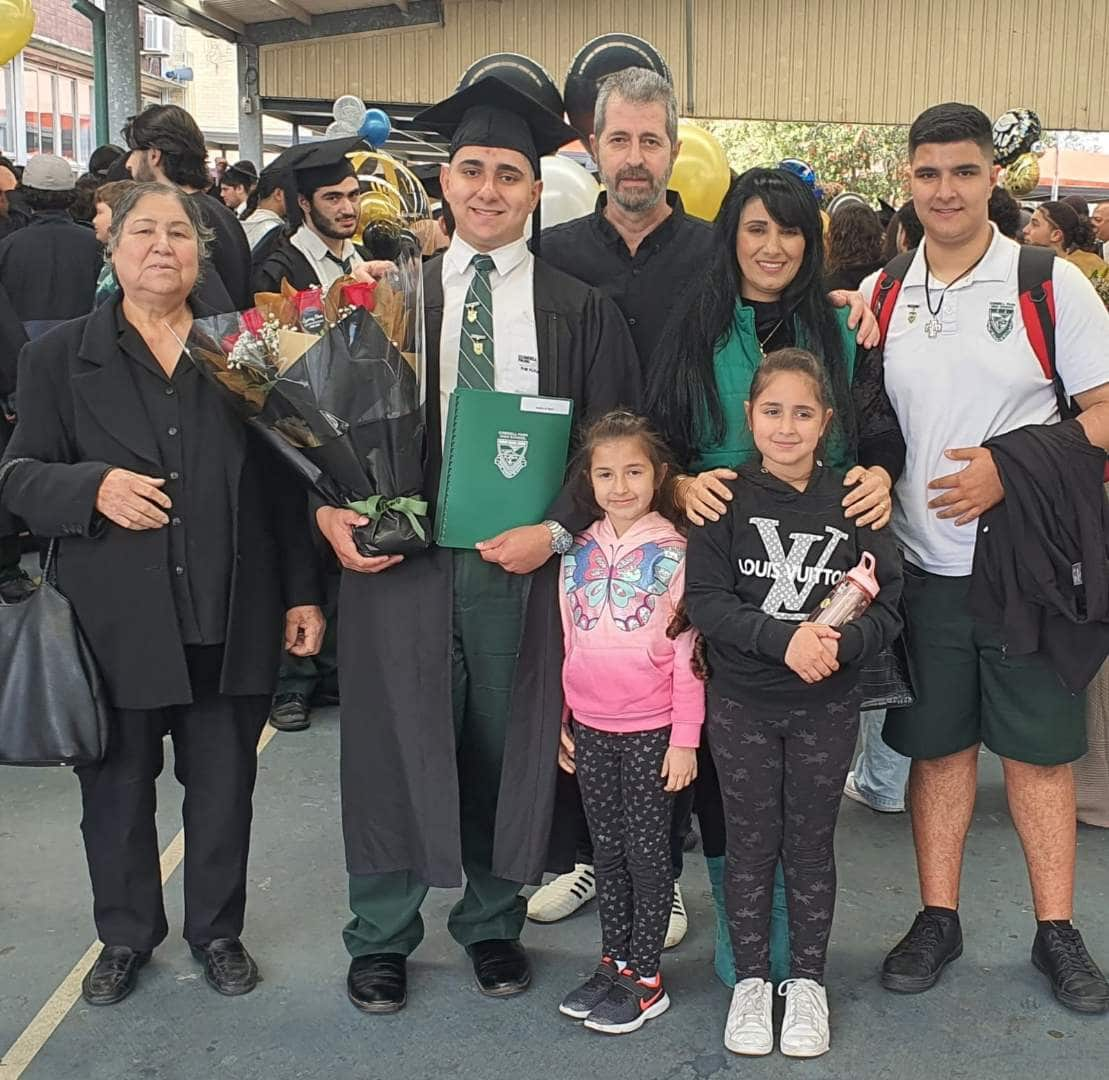
Habib Albitar says that young Arab-Australians often balance their new freedoms with the traditions and expectations of their heritage, including greater responsibilities toward parents, siblings, and work.
"After graduating from high school, I started taking care of myself and going to the gym. I also started reading books that teach young people how to deal with others, including their elders," he says.
"I’ve never spent a night out on my own. We always spend evenings together as a family, and when we go out, it’s as a family, whether to church or somewhere else."
Many young people from Arab backgrounds, regardless of religious affiliation, often refrain from pursuing romantic relationships before engagement or marriage.
"This is something that doesn't align with our customs and traditions," Habib says.
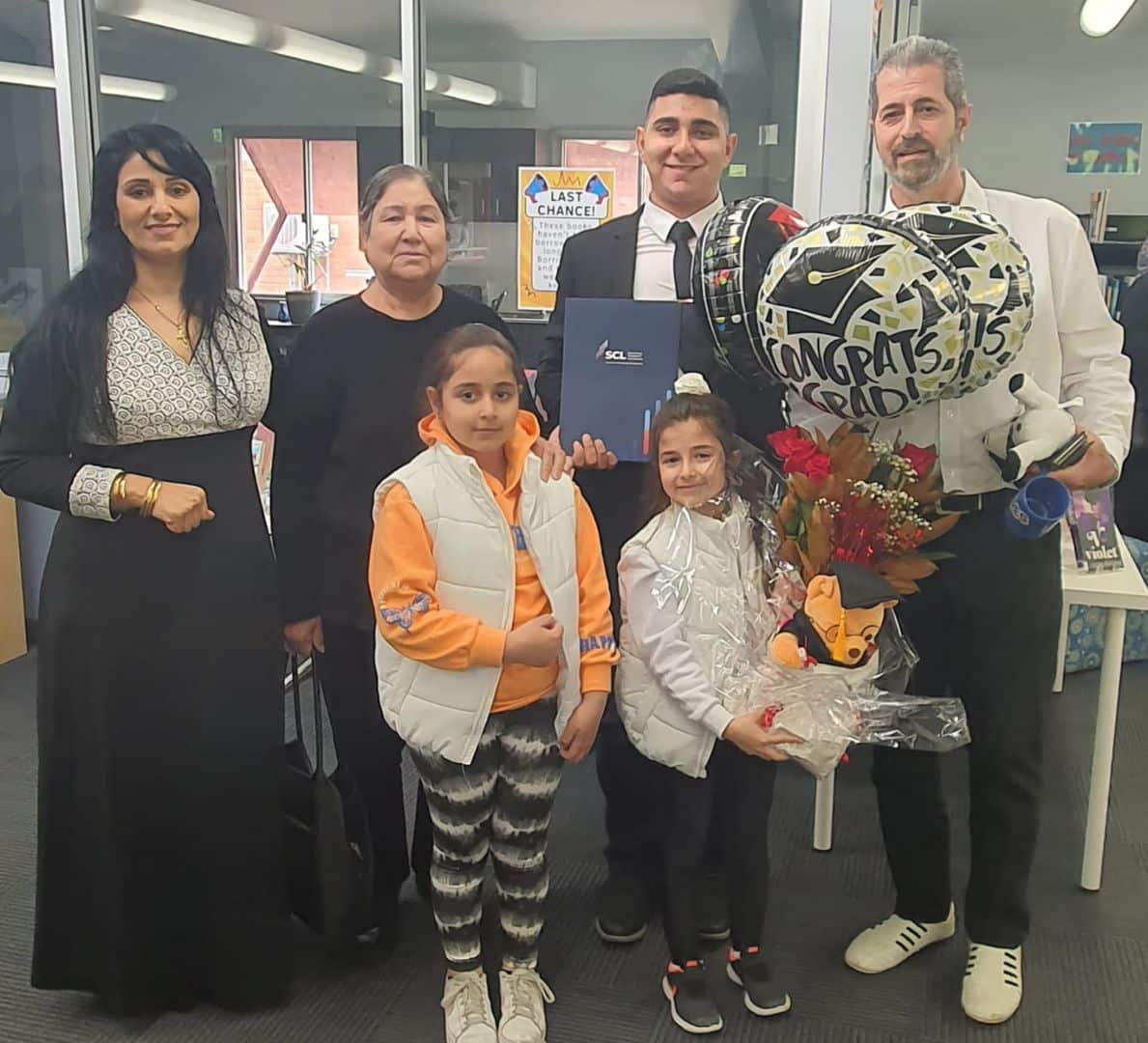
Vocational rehabilitation specialist Dr Yasser Mohammed, who works with young people, highlights the importance of this stage in their lives.
"This stage represents a kind of existential anxiety for young men and women, as they experience many changes and face a crossroads, where one might take the wrong path or be influenced by their environment," Dr Mohammed says.
The Youth Matters podcast Executive Producer is Maram Ismail, and Jamileh Fakhri produced this episode.
Listen to the Youth Matters podcast on our website and on all your favourite podcast platforms.

